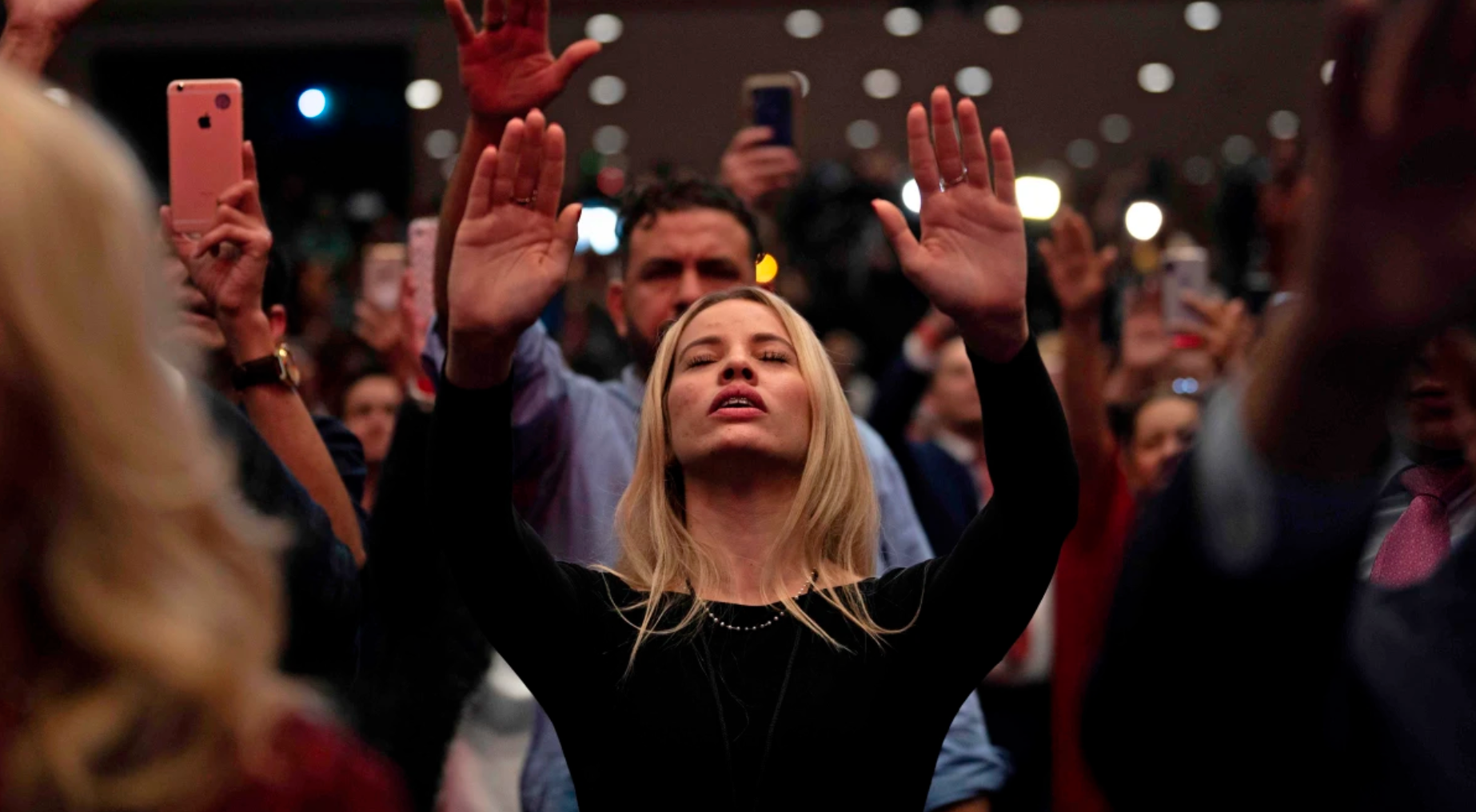About a week ago, some students at a Christian college in America attended a worship service. Wholly unsurprising, you might think.
Well, it would have been, if they’d all gone home again — as people normally do after church. But in this case they haven’t. In fact, ever since, Asbury University has been overflowing with worshippers attending round-the-clock services and prayer meetings. None of this was expected, let alone planned. It appears to be a spontaneous religious revival.
Nationally, the first commentators to take note were evangelicals like David French (“something profoundly powerful is happening”) and Charlie Kirk (“Asbury University might be the first chapter in a revival which will sweep the nation”). Now, the mainstream media is covering the story — and not only Fox News. For instance, this is the NBC report:
Services have become so popular that they are overflowing into other local churches, and even neighbouring towns. So what precisely is the attraction? While the worship is heartfelt, this is hardly unusual for evangelical America. Judging by the online footage, what’s been going on at Asbury seems comparatively restrained — if somewhat livelier than the average choral evensong.
There are no hellfire preachers whipping up the crowds into a frenzy, nor do we see lavish stage shows of the sort put on by America’s super-slick ‘megachurches’. The fact that this happened spontaneously at an ordinary weekday service in a wood-panelled Wesleyan chapel is filling some observers with hope that it’s the real deal: a genuine outpouring of the power of God.
You don’t need to be an evangelical — or any sort of religious believer — to recognise revival as a social phenomenon. American history has been punctuated by surges of religious enthusiasm, most famously the Second Great Awakening that began in the late 18th century. Quite apart from the personal impact on individual believers, this revival had a transformational effect on American society and politics, not least the rise of the anti-slavery movement.
Is what we’re seeing in Kentucky right now even remotely as significant? It’s too early to tell, of course. It could just fizzle out — or go off the rails. What we do know for sure, however, is that this a viral age. Over and over again, social media has proven its power to accelerate the spread of new movements, especially among young people. Recent examples include the transgender trend, the BLM protests and Greta Thunberg’s rise to global influence.
These have all been dismissed as substitute religions for an irreligious age, but it does the beg a question as to the appeal of actual religion. In particular, why haven’t we seen Christian movements go viral in the ostensibly Christian West?
Given the rise of mental distress among young people, there’s an obviously unmet need out there for purpose, meaning and encouragement. We should pray that the right thing meets it.











Join the discussion
Join like minded readers that support our journalism by becoming a paid subscriber
To join the discussion in the comments, become a paid subscriber.
Join like minded readers that support our journalism, read unlimited articles and enjoy other subscriber-only benefits.
Subscribe